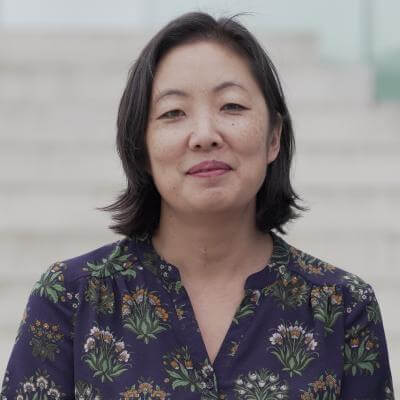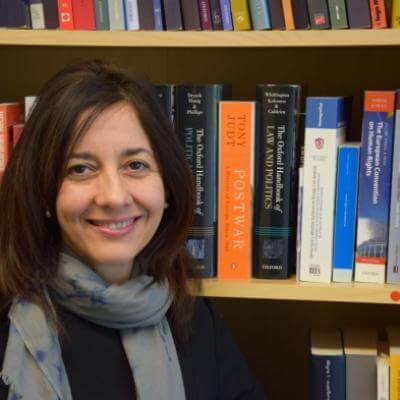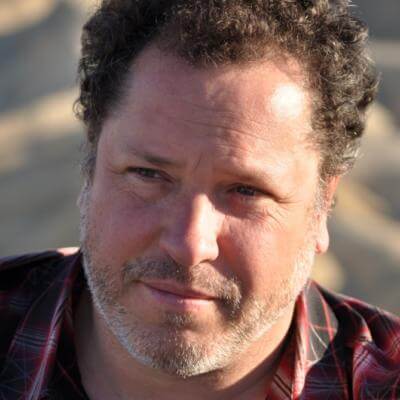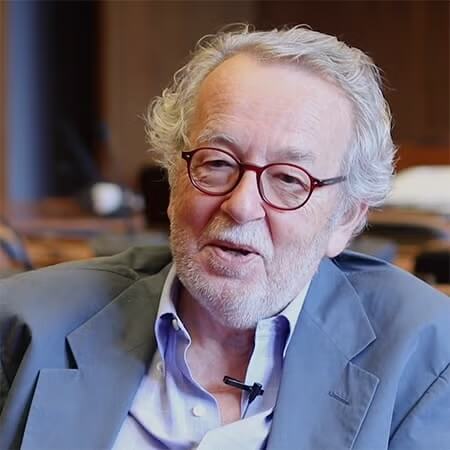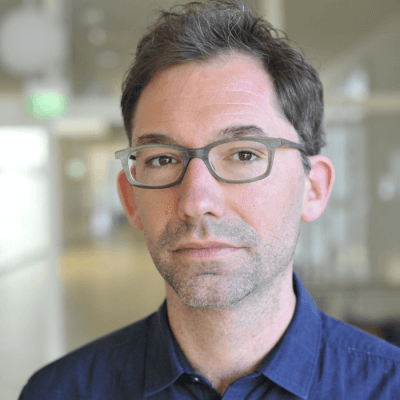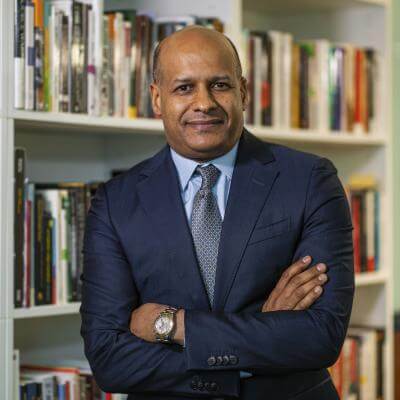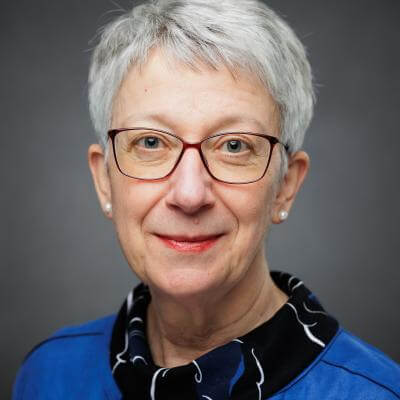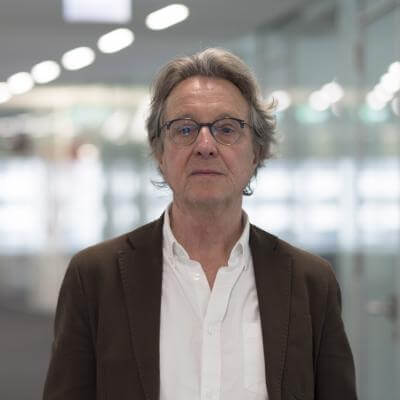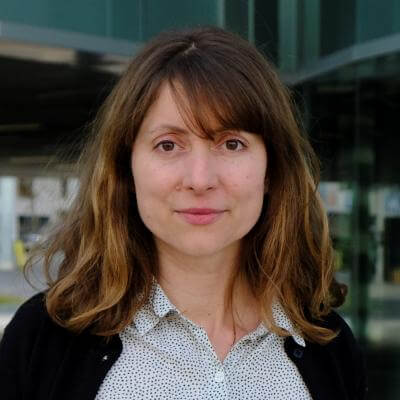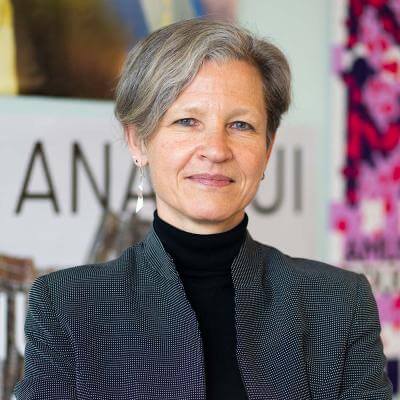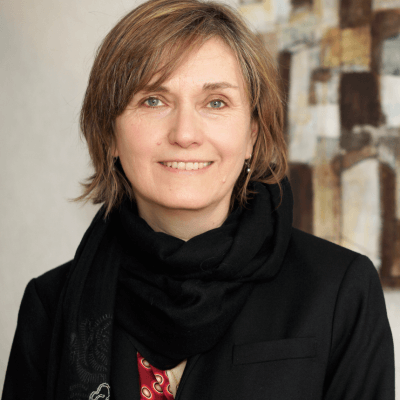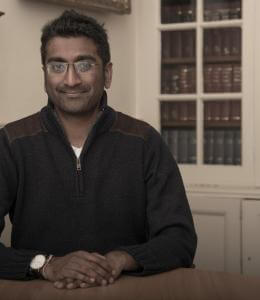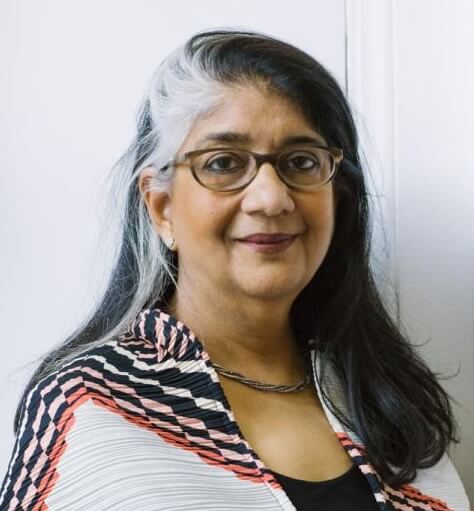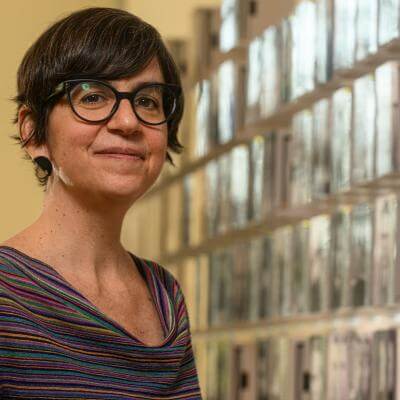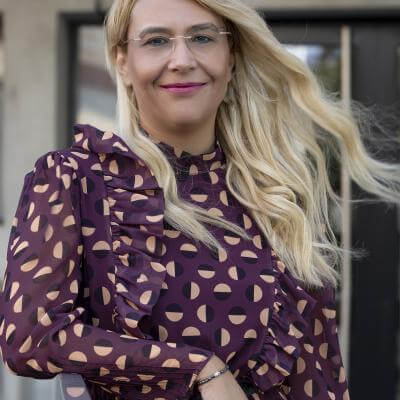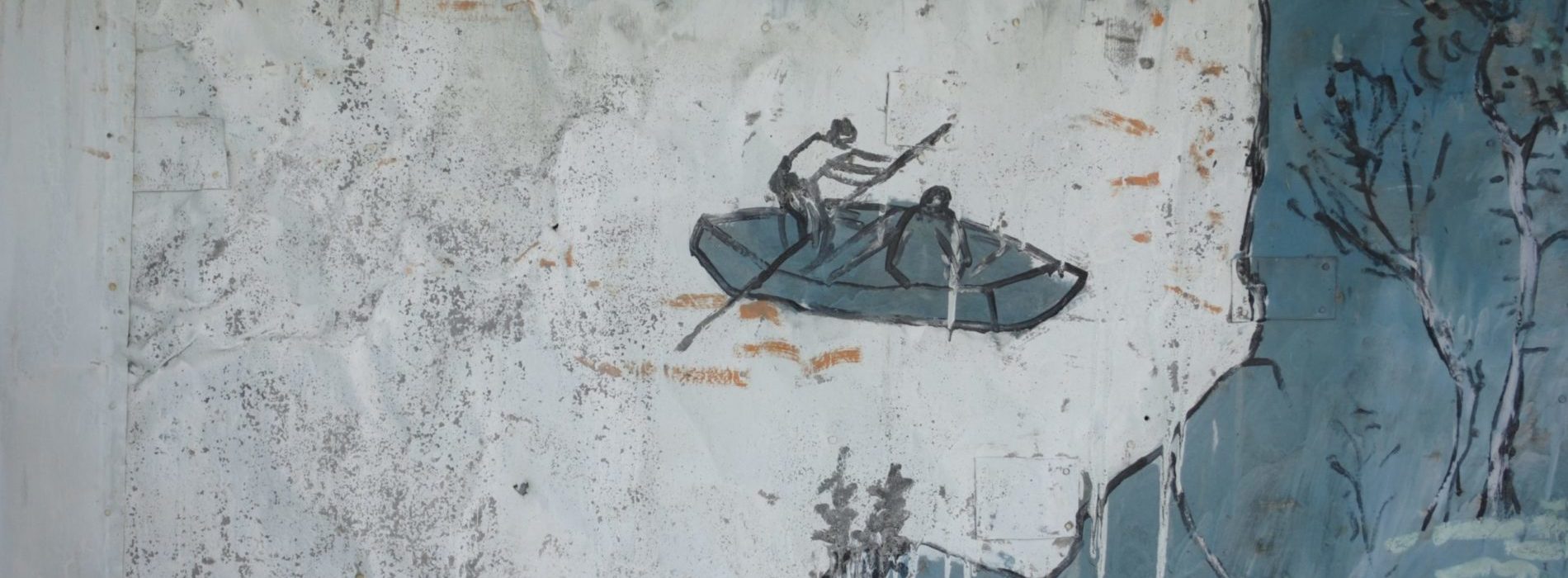Pandemic as Revelation: What Does It Tell Us about People on the Move?
“He was lucky, he is a very tough person!” we were told by Mohammed (name changed), an Afghan refugee living since 2016 in Greece, where he has subsidiary protection. He was referring to a fellow countryman, Tahir, who had managed to cross the Ionian Sea westwards, despite the Covid-19 lockdown. Hidden in a truck, he spent three full days in a port facility in Italy before being able to proceed to Paris, where he reunited with his brother. News of Tahir’s exceptional fortune and prowess seems to have travelled across Europe among asylum seekers and refugees as a unique example of courage rewarded by some success in these dire times.
DESPITE THE LOCKDOWN, MIGRATION ATTEMPTS HAVE CONTINUED
The accounts of the migrants we interviewed between March and June 2020 provide a contrasting picture. Most of them insisted that movement was impossible due to the Covid-19 pandemic, not only within countries that had applied strict confinement measures, but also between countries. However, Akmal, one of our interviewees in Italy, mentioned the arrival of dozens of Pakistanis or Afghans, who had been stuck in the Balkans: “People who have nothing also have nothing to lose, so they gambled with their lives!” We were told, for example, the story of a 12-year old boy from Pakistan who travelled with his uncle, a young man of 17. It took them a year to reach Italy in early May 2020, having spent five months in Bosnia and two in Croatia.
Asylum seekers, refugees and migrants may appear to contest the international unequal (dis)order by their mobility, but they also aspire to a better life. How do personal luck and resilience counterbalance structural inequalities in access to wealth, health, security and prosperity? How have mobile people across the world been affected by the pandemic and the political measures taken in response to it? How does Covid-19 exacerbate disparities, prejudice and asymmetries? What do the various regimes of (im)mobility reveal in such trying times? In short, what does the pandemic tell us about today’s world? We provide a few pointers below while recognising that it may be too early to fully gauge longer term effects.
Despite the horrors of criminal detention centres in Libya and the shutting down of most NGO search and rescue ships, more people are risking their lives this year on the central Mediterranean route to Europe than in 2019. In April 2020, an estimated 1,132 people attempted to cross from North Africa to Italy and Malta, which is more than double the figure in the same month in 2019 (498), according to the IOM. As the eastern route from Turkey to Greece is practically closed, people on the move are resorting to longer, more dangerous and more expensive routes. European states are using the coronavirus to further outsource their borders to the other side of the Mediterranean There are reports of many Bangladeshis arriving in Libya, where smugglers double as torturers in detention centres to extort more money from families back home. While European publics and the media are preoccupied with Covid-19, European states are using the coronavirus to further outsource their borders to the other side of the Mediterranean, in blatant disregard of their international obligations. Hundreds of people are stranded in ships off the coast of Malta or have been sent back to Libya, while Greece is organising pushbacks of migrants and asylum seekers in the Aegean Sea region.
THE COVID-19 CRISIS HAS HIT MIGRANTS PARTICULARLY HARD
Globally, the pandemic has triggered dramatic processes of reterritorialisation. It turns out that the state is indeed a big player in today’s global politics. Tighter border controls on the outside correspond to quickly expanding surveillance practices within. “My body, my country, my borders…” has been the dominant, inward-looking rationale at a time when nationalism is flourishing. To the extent that the “migrant” has been visible during this period, they are most often seen as a potential vector of disease, an added burden on the health system. Migrants, especially the most precarious, have been the first to be targeted, the first to lose their jobs or be sent home. Millions of Indian labourers in the informal sector are being treated as aliens in their own country and forced to walk long distances from cities to their far flung villages. But also in Geneva, 80% of domestic workers and carers lost their jobs or wages and many have been forced to queue for food parcels.
More fundamentally, perhaps, the pandemic seems to have produced new regimes of “unfreedom” and especially of “unfreedom of movement” in an insalubrious mix of biopolitics and eugenics. In the new world of biosecurity, solidarity and the risks of crossing borders are only for the fittest. In the new world of biosecurity, solidarity and the risks of crossing borders are only for the fittest For migrants, this is tantamount to a double state of exception and a double vulnerability. Confinement in camps (such as Moria on the Greek island of Lesbos) or in devastated war zones (such as Idlib in Syria) is made worse by pernicious forms of social/class distancing at a national and global level. Fear of the pandemic and fear of the “other” combine into a hardening of nationalistic and xenophobic discourses.
In short, the overall picture for migrants is mixed. Among the encouraging factors:
- Some governments have shown empathy for the plight of migrants. Portugal and Italy, for example, have granted temporary status to remain to various categories of migrants.
- In the UK, the revelation that families of migrants working for the NHS would lose their right to remain in case of bereavement forced the government to extend the same rights to all.
- Many countries are recognising that migrants play key roles in their economies: they care for the elderly, pick fruit and vegetables and prevent the health system from collapsing. In Switzerland, 47 percent of doctors and 32 percent of nurses are foreign-born, with the proportion even higher for carers in nursing homes.
- Hungary was shamed by the EU into suspending detention of migrants in closed camps at the border.
- More generally, the consequences of underfunding, privatisation and a lack of prioritisation of public health are now in stark relief around the world. This may induce some governments to recognise the critical importance of migrants.
On the negative side, however:
- Surveillance and population control measures introduced to track the pandemic and contagion are here to stay. There is a tendency – even in democratic states – for such temporary measures to be extended indefinitely (as happened after 9/11 in the US and after the terror attacks in Paris).
- The most vulnerable are the most expendable. Tens of thousands of South Asian labourers and carers have suddenly found themselves without a job and no way of getting home from Gulf states.
- Wars continue unimpeded while opportunities for civilians to escape violence to safety are shrinking. Access to vulnerable groups is severely curtailed. In refugee camps in Cox’s Bazaar (Bangladesh), for example, western NGOs have been forced to suspend activities. Colombia is returning desperate asylum seekers from Venezuela and has closed a kitchen at the border that was feeding 4,500 people daily.
- Data from Western Union and other money transfer outfits shows a massive drop in remittances because of the lockdown but also because many migrants in the West and in the Gulf states have lost their jobs or seen their revenues decline sharply.Many migrants in the West and in the Gulf states have lost their jobs or seen their revenues decline sharply
- In the long term, the asylum and aid regime as we know it is in jeopardy. The INGO business model may have outlived its time: Oxfam, for example, is shutting down programmes in 18 countries because both public and private contributions are shrinking. Government funding for humanitarian assistance will be affected by increased domestic recovery needs. Private sources of funding (citizens, foundations and corporate social responsibility) are also likely to shrink dramatically.
The idealistic aims enshrined in the Sustainable Development Goals fail to take account of the fact that our world is probably the most unequal it has ever been in human history. Some observers see Covid-19 as an equaliser, across continents and countries and across social classes. On the contrary, the pandemic is revealing how unequal our world is. Covid-19 does not affect people equally across age, gender and social class. While the wars that are shaking the Middle East, Africa and other parts of the world may be a proximate cause, migration flows should be read more broadly against this “unequalscape”, to play on the categories proposed by Arjun Appadurai in the 1990s.
The people knocking at the doors of Europe, North America but also the Gulf states carry an important message: they remind us of the growing gap between the wealthiest and poorest segments of humanity. They become active participants in the global moral polity by showing how immoral it is. Their mobility represents a protest against the unequal global distribution of wealth, health and security and against the role of the global North in the rapidly growing climate crisis, as well as a reconfiguration of classical forms of political territoriality. The Covid-19 lockdown has only added more pressure to a system based on asymmetries of wealth and power inherited from colonisation, a system which may have already reached its breaking point.
Electronic reference
Monsutti, Alessandro, and Antonio Donini. “Pandemic as Revelation: What Does It Tell Us about People on the Move?” Global Challenges, Special Issue no. 1, June 2020. URL: https://globalchallenges.ch/issue/special_1/pandemic-as-revelation-what-does-it-tell-us-about-people-on-the-move.The issue has been produced by the Albert Hirschman Centre on Democracy in collaboration with the Graduate Institute’s research office. It includes contributions from all of the Institute’s research centres and departments
Confederation billions to save the Swiss economy | PODCAST with Cédric Tille
Research Office, The Graduate Institute, Geneva
Peut-on comparer la grippe espagnole et le Covid-19? VIDÉO avec Davide Rodogno
Graduate Institute, Geneva et Heidi.news
What hope for the environment? PODCAST with Joëlle Noailly
Research Office, The Graduate Institute, Geneva
PODCAST | The violent consequences of the Covid crisis in India, with Rahul Mehrotra
Research Office, The Graduate Institute, Geneva
New technological tools: a plus for democracy? PODCAST with Jérome Duberry
Research Office, The Graduate Institute, Geneva
Latin America and the Covid-19 crisis | PODCAST with Yanina Welp
Research Office, The Graduate Institute, Geneva
An Indonesian democracy at risk | PODCAST with Jean-Luc Maurer
Research Office, Graduate Institute, Geneva
Democracy in coronavirus times | VIDEO with Shalini Randeria and Ivan Krastev
The Graduate Institute, Geneva (Excerpt of the podcast series “In Conversation With“)



